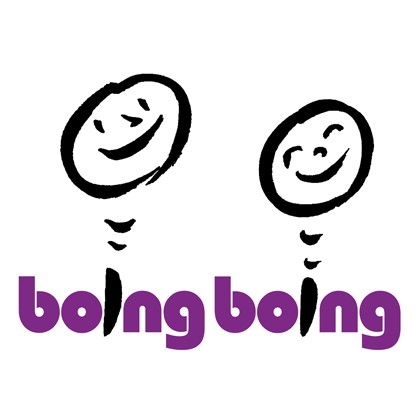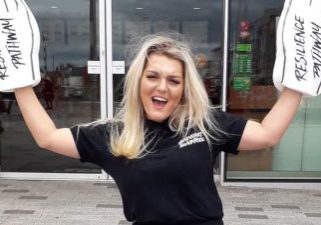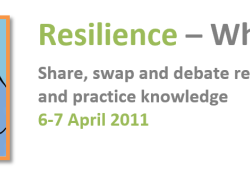Topic: Beating the odds whilst changing the odds: Uniting resilience research and practice development with activism to challenge social adversity – Emily Gagnon & Angie Hart
Resources: You can download the slides and read a related article
Session Summary: This session introduces some of the different ways in which researchers, governments, activists and communities more widely have used the idea of resilience and explores both its limitations and potential for galvanising communities to action. Whilst the term ‘Resilience’ is gaining much popularity within research, practice and policy, some say that it blames people for their lot in life, rather than challenging unfair social structures that put some people at a disadvantage and produce inequalities in health. How resilience relates to disadvantage depends in large part on our understanding of what resilience is.
• Are we helping people to do better ‘despite’ the challenges they face, or can resilience also mean changing the very nature of the challenges themselves?
• Are people naturally resilient and, if so, what does that mean for those who are not?
• Does it matter how we define resilience at all, or can we just get on with helping people instead of arguing over language?
These are just some of the questions we will consider as we discuss what resilience means to each of us in our lives and work. Following a brief introduction of our new definition of resilience which concerns both beating the odds whilst also changing the odds we will go on to explore practical examples of what ‘changing the odds’ looks like uniting the research with practice. Drawing on our own experiences in our co-productive research as well as the experiences of those attending the session we will discuss ways in which we can support individuals and communities to make what we call ‘resilient moves’ aimed at transforming not just individuals but also the communities, organisations and environments in which we live and work.
Biography: Emily Gagnon is a community fellow at the University of Brighton and a PhD student at the University of Sheffield. Her core interests are creativity, mental health and promoting wellbeing. She encountered the Resilience Research Community through her community work with young people with mental health issues when they worked together with boingboing to research resilience and co-create resources such as the Visual Arts Practice for Resilience Guide. Through this and further work with boingboing and Professor Angie Hart on projects such as Imagine and the Resilience Forum, Emily developed an enduring interest for understanding resilience as well as collaborative working and co-productive research. She continues to develop these interests during her PhD at the University of Sheffield where her research focuses on health promotion through behaviour change and systemic change. Angie Hart’s research is on resilience and she loosely leads boingboing.
Who might be most interested: Academics, practitioners, researchers, students, parents, carers, community workers, volunteers, public sector workers, young people and service users.
Key Reading: Wright, M. O., Masten, A. S., & Narayan, A. J. (2013). Resilience processes in development: Four waves of research on positive adaptation in the context of adversity. In S. Goldstein & R. B. Brooks (Eds.) Handbook of resilience in children, 2nd ed. (pp. 15-37). New York: Springer.
Khanlou, N., & Wray, R. (2014). A whole community approach toward child and youth resilience promotion: a review of resilience literature. International Journal of Mental Health and Addiction, (12)1, 64-79. doi:10.1007/s11469-013-9470-1
Hart, A., Gagnon, E., Eryigit-Madzwamuse, S., Cameron, J., Aranda, K., Rathbone, A., & Heaver, B. (2016). Uniting resilience research and practice with a health inequalities approach. SAGE Open, 6(4), 1-15. doi:10.1177/2158244016682477
This session took place on Monday 15 December 2014.
If you like what you see and you want more, More, MORE, why not subscribe to our mailing list? You’ll receive our email newsletter with details of our upcoming Resilience Forums, training and other events, news and resources (most of which are free!), and any other products and services that might be of interest. This is a web-based service and it is very easy to subscribe, unsubscribe or update your email address at any time.
The Resilience Forum is for ANYBODY (with a pulse!) involved with or interested in resilience research!


